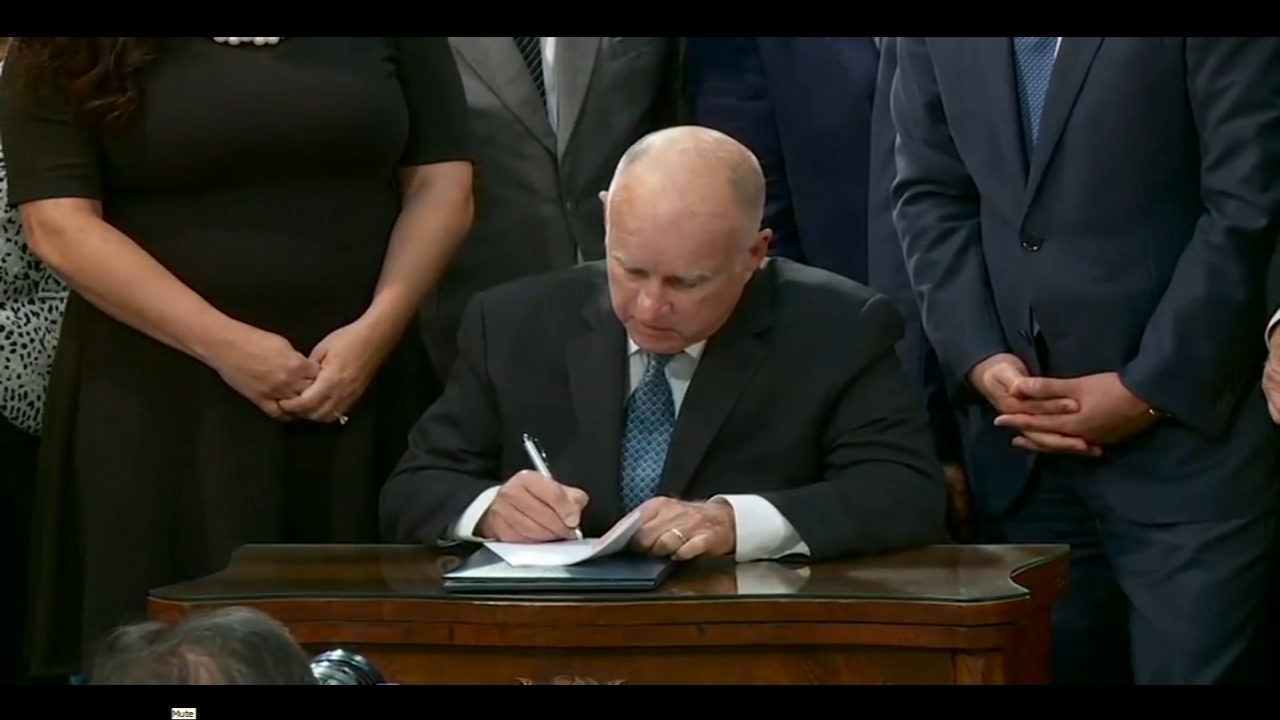Brown, who has positioned California as a global leader in the effort to reduce greenhouse gas emissions, approved the measure as he prepares to host a summit in San Francisco of climate change leaders from around the world later this week.
[Ads /]
The renewable energy measure would require California's utilities to generate 60 percent of their energy come from wind, solar and other specific renewable sources by 2030. That's 10 percent higher than the current mandate.
The goal would then be to use only carbon-free sources to generate electricity by 2045. It's merely a goal, with no mandate or penalty for falling short.
"It's not going to be easy and will not be immediate, but it must be done," Brown said. "California is committed to doing whatever is necessary to meet the existential threat of climate change."
Phasing out fossil fuels would be a massive change in the energy grid. Utilities rely on natural gas plants to meet demand when renewables fall short, particularly in the early evening when the sun sets and people turn on their air conditioners as they get home from work.
[Ads /]
Utilities are already dealing with an abundance of solar energy during peak times, which must be offloaded to other states when there's not enough demand locally for the power.
Renewable energy experts have looked to batteries that can store solar energy generated in the afternoon as one possible solution, but the technology is not ready for wide-scale deployment.
Brown has often faced criticism that he's too cozy with the oil industry, including from environmental groups that plan to protest at the San Francisco summit.
Critics say the renewable energy goal is not realistic and worry that individuals and businesses will face higher energy prices.
The measure was written by Democratic Sen. Kevin de Leon, a Los Angeles Democrat who is running for U.S. Senate against Sen. Dianne Feinstein.

